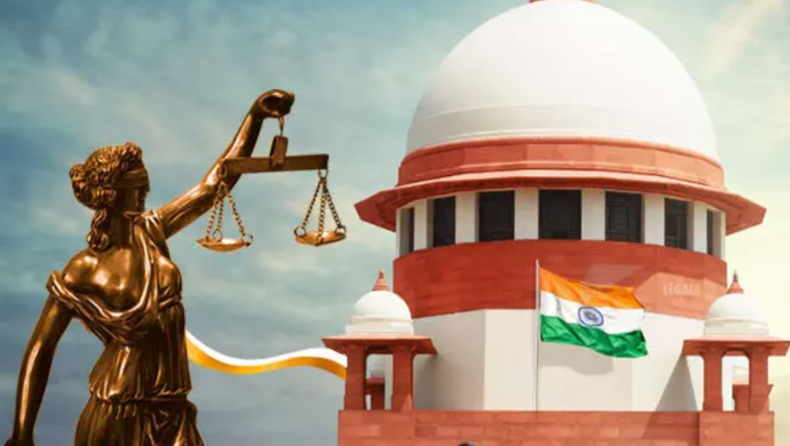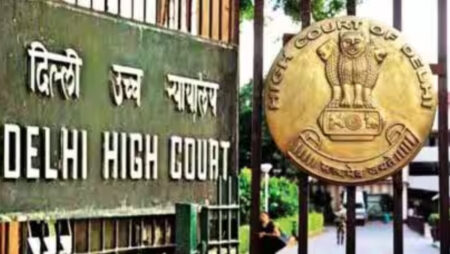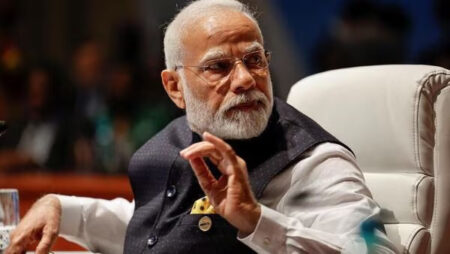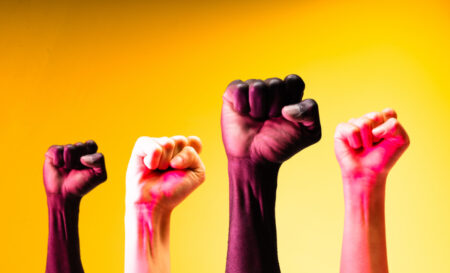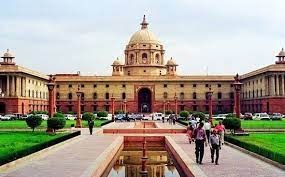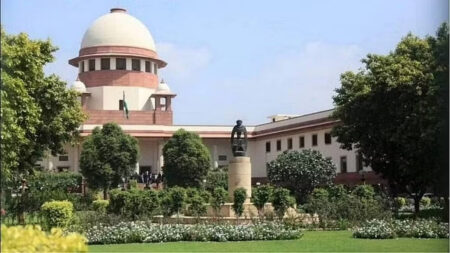
Senior Attorney Yusuf Muchhala argued that the High Court of Karnataka should not have decoded the religious texts in front of Justices Hemant Gupta and Sudhanshu Dhulia.
The ban on hijab in Karnataka educational institutions
On Monday, the Supreme Court in New Delhi highlighted that the Karnataka High Court, which approved the ban on the hijab in educational institutions, was compelled to interpret the Quran on the grounds of basic religious practices. Senior Attorney Yusuf Muchhala disagreed that a bench of Justices, namely, Hemant Gupta and Sudhanshu Dhulia should not have heard the Karnataka High Court’s interpretation of religious literature. https://indianexpress.com/article/india/plea-against-hijab-ban-sc-to-appellants-you-raised-essential-practice-hc-had-to-take-it-up-8147254/
Events leading to the Hijab Controversy in Udupi
A dispute over school uniforms erupted in the Indian state of Karnataka at the start of February 2022, when some Muslim students at a junior college wanted to wear hijab to classes but were turned away because it was against the school’s uniform policy, which was followed by students of all religions.
In the weeks that followed, the controversy expanded to campuses across the state, as Hindu student groups led counter protests by demanding the right to wear saffron scarves. There would be no exemptions for hijab wearers under the directive issued by the Karnataka government on February 5th, which mandates the mandatory wearing of uniforms wherever such regulations are in place.
The order was invoked by some schools that banned Muslim women wearing the hijab on their campuses. The pupils who felt wronged took their case to the Karnataka High Court. The High Court issued an interim order prohibiting pupils from wearing religious clothing on 10 February.
Students and, in certain cases, faculty were requested to remove hijabs and burqas at the school gates across Karnataka after the directive was issued. The court upheld the hijab limitations on March 15th, 2022, following a hearing that lasted around 23 hours over 11 days.
The court found that wearing a hijab was not necessary to practise Islam. The judges on the Karnataka High Court who made the hijab ruling have been given Y-level protection, and two people have been arrested for making threats.
Institutional dress restrictions prohibiting the hijab have been criticised by government officials in the United States and Pakistan, as well as by Human Rights Watch and public personalities like Malala Yousafzai, both within India and internationally. A number of prominent politicians, including Arif Mohammad Khan, Aaditya Thackeray, the Vishva Hindu Parishad, and activist Taslima Nasreen, argued in favour of the ban.
The ministers in the Karnataka state administration, which is governed by the Bharatiya Janata Party, responded negatively to the events. B. C. Nagesh, the minister of education, called it a “act of indiscipline.” He felt that the pupils should not be allowed to practise their “religion” in a public setting.
Until now, he claimed, the uniform had been in use without incident for more than three decades. He stated that the students were “playing politics” and that “political leaders,” an apparent allusion to the PFI, were to blame for the incident. According to Home Minister Araga Jnanendra, the uniform code imposed by universities must be obeyed in order to foster a culture where everyone feels like “we are all Indians.”
What does Senior Attorney Yusuf Mucchala has to say about this?
Senior Attorney Yusuf Muchhala pointed out saying that the Karnataka High Court interpreted Abdulla Yusuf Ali’s translation as divine words on one of the petitioners’ behalf. Senior Attorney Yusuf Muchchala also argued that because there should be uniformity, the petitioner’s fundamental rights are violated, as are all of the petitioners’ rights. Senior Attorney Yusuf Muchchala used the example of the turban to argue that there is nothing wrong with wearing one.
Other advocates’ view on the issue
Speaking in support of a different petition, Senior Advocate Salman Khurshid claimed that unlike other religions, Islam does not have a rule system of what is required and what is optional, and that everything in the Quran is required.
Senior Attorney Khurshid
The Supreme Court was also given an explanation of the distinctions between the burqa, jilbab, and hijab by senior attorney Khurshid. All of them, according to Khurshid, are cultural customs that are ought to be observed. Khurshid also claimed that Ghoomat was a necessity for women going out in some areas of Rajasthan and Uttar Pradesh.
On Wednesday, the court will carry on hearing arguments made in opposition to the Karnataka High Court’s ruling upholding the prohibition on the hijab at educational institutions. https://tdznkwjt9mxt6p1p8657.cleaver.live/karnataka-hc-upholds-hijab-ban-a-quick-hijab-row-recap/







